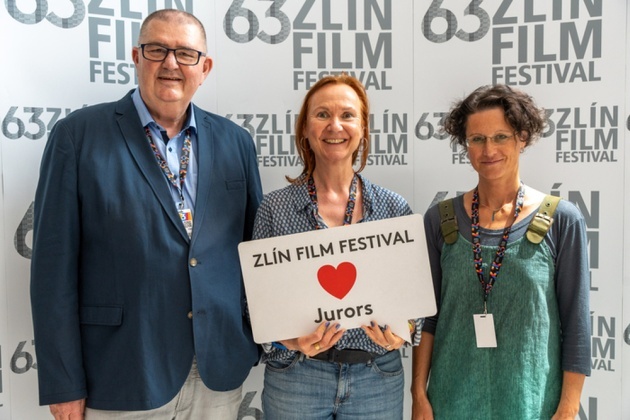The 63rd International Film Festival for Children and Youth in Zlín, one of the most prominent events in the realm of children’s cinema, recently concluded with great success. The festival, held annually in the Czech Republic, showcased a diverse range of films from around the world.
The Ecumenical Jury, an integral part of the International Film Festival for Children and Youth in Zlín, comprises members from various religious and cultural backgrounds. Their primary objective is to evaluate films in terms of their moral, ethical, and spiritual dimensions, focusing on themes that resonate with young audiences. The jury aims to promote films that foster understanding, compassion, and promote positive values among children and youth.
For the 63rd edition of the festival, the Ecumenical Jury decided to give its award to Juniors, by Hugo Thomas (France), who stood out for its heartfelt storytelling, exceptional performances, and its ability to resonate with audiences of all ages.
The film, initially set up as a comedy about two young friends boringly playing Call of Duty in a small village in the South of France, raises the themes of friendship, guilt, taking on responsibility and the search for forgiveness and life purpose. According to the jury, the director has displayed admirable sensitivity with regards to timing and he has succeeded perfectly in the challenge of working with talented non-actors.
Furthermore, the Ecumenical Jury decided to give a commendation to the film Sweet As by Jub Clerc (Australia) – a cinematic journey dealing with a road trip through the Australian outback that leads to a healing situation for all the main characters.
The prizes awarded by the Ecumenical Jury not only acknowledge the exceptional quality of “Juniors” and “Sweet As”, but also recognize the films’ ability to inspire and encourage young audiences. By highlighting the films’ moral and spiritual aspects, the jury brings attention to the importance of nurturing children’s emotional and ethical development through cinema.
This year’s jury was composed of Gundi Doppelhammer (Germany), Théo Péporté (Luxembourg), and Ida Tenglerová (Czech Republic).


